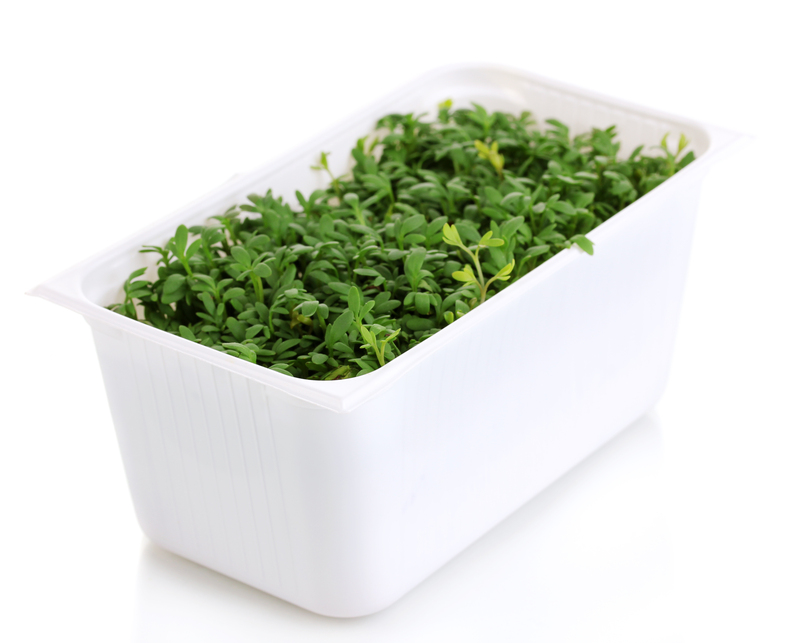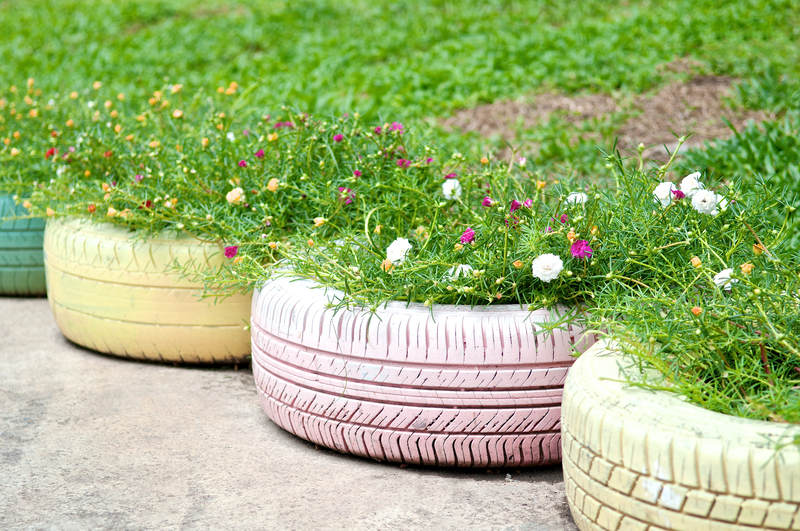UK Choices for Toy Disposal
Posted on 08/04/2025
As children grow, their taste in toys evolves, leaving behind piles of once-loved playthings that clutter the home. Toy disposal in the UK is an issue that requires thoughtful consideration due to environmental impacts and the desire for sustainability. This article aims to explore various avenues for disposing of unwanted toys responsibly.
Recycling Old Toys
One of the most eco-friendly methods for toy disposal is recycling. Several UK councils provide local recycling centres that accept toys made from materials such as plastic, metal, and wood. Metal toys can be processed at metal recycling facilities, while plastic toys can be taken to specialized plastic recyclers. It's important to check your local council's website for specific guidelines and facilities available for toy recycling.

Donating to Charities
Another excellent way to dispose of toys is by donating them to charities. Organizations such as British Heart Foundation, Oxfam, and local charity shops accept gently used toys. These toys are then sold in charity shops or given directly to children in need. Donating toys not only helps to clear your home but also brings joy to other children while supporting charitable causes.
Swapping and Selling
Participating in toy swaps or selling second-hand toys online is a practical approach to toy disposal. Websites such as eBay, Gumtree, and Facebook Marketplace enable parents to sell toys their children have outgrown. Additionally, community-based schemes or school-organized toy swaps provide a platform for exchanging toys, ensuring they find new homes without contributing to waste.
Upcycling and Repurposing
For those with a creative flair, upcycling and repurposing old toys can give them a new lease of life. Broken or incomplete toys can be transformed into unique home d?cor items or even new toys entirely. This option not only reduces waste but also encourages creativity and DIY skills.
Utilizing Toy Libraries
Toy libraries offer parents the opportunity to borrow toys rather than purchasing them. These libraries, found in various UK cities, help to reduce the number of toys that end up in landfills by encouraging sharing and reuse. When a toy is no longer needed, it can simply be returned, and another borrowed, ensuring minimal waste and continuous joy for children.
Pros and Cons of Different Toy Disposal Methods
Each method of toy disposal comes with its own set of advantages and disadvantages:
Recycling
- Pros: Environmentally friendly, reduces landfill waste.
- Cons: Limited availability of recycling facilities, may require sorting.
Donating
- Pros: Benefits charities, provides toys for children in need.
- Cons: Not all toys may be accepted, potential quality and safety concerns.
Swapping and Selling
- Pros: Financial gain, extends toy lifecycle.
- Cons: Time-consuming, may not find buyers quickly.
Upcycling and Repurposing
- Pros: Creative, reduces waste.
- Cons: Requires time and effort, not suitable for all types of toys.
Toy Libraries
- Pros: Cost-effective, encourages sharing.
- Cons: Limited availability, potential wear and tear from multiple users.
Tips for Responsible Toy Disposal
1. Check Toy Condition: Make sure toys are clean and in good condition before donating or selling.
2. Research Local Options: Explore what facilities and programs are available in your area for recycling and donating.
3. Educate Children: Teach children about the importance of sustainability and involve them in the disposal process.
4. Consider Safety: Ensure that recycled or donated toys are safe and suitable for use by other children.

Key Takeaways
- The UK offers multiple methods for responsible toy disposal, including recycling, donating, selling, upcycling, and toy libraries.
- Each method has unique benefits and drawbacks, so choose the one that best fits your needs and resources.
- Proper disposal not only declutters your home but also contributes positively to the environment and society.
Conclusion
Disposing of toys responsibly in the UK is not only beneficial for decluttering your living space but also plays a crucial role in environmental sustainability and community support. By exploring various disposal options such as recycling, donating, selling, upcycling, and utilizing toy libraries, parents can make informed decisions that extend the lifecycle of toys and minimize waste. Remember, every small effort contributes to a larger impact, leading to a more sustainable and joyous world for future generations.
Latest Posts
Resource Efficiency with Polystyrene Recycling
Essential Hacks for a Tidy Home




